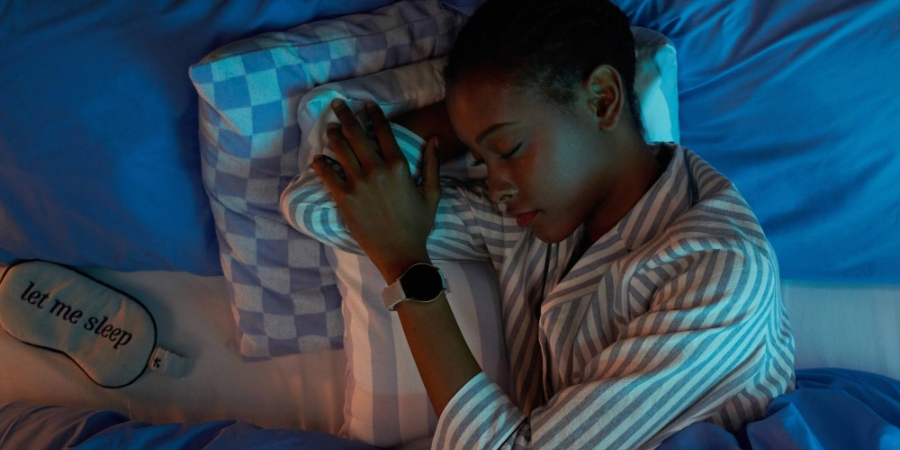This indicator is considered a priority when analyzing its quality, as it is monitored by calculating the ratio between the actual sleep time and the total time spent in bed each night.
In Portugal, sleep efficiency was 87.76%, 0.53 percentage points lower than in 2022, but still higher than the global average – 87.49%. Only two countries in Europe – the UK and the Netherlands – scored below the global average. However, there is a decreasing trend in sleep efficiency in all countries.
Young people are most affected by inconsistent standards that necessarily affect their quality. This deficit, which is calculated by the difference between the amount of sleep during the week versus weekends, is highest in people in their 20s, who experience almost twice as much sleep (49 minutes) than people in their mid-20s. 29 minutes). By region, Asia has the smallest loss of sleep, at 41 minutes, while Latin America has the largest, at 47 minutes. Globally, people sleep, on average, 44 minutes more on the weekend.
What is the participant’s sleeping animal?
Worldwide, the majority of individuals have been directly identified with the sleep style corresponding to the ‘nervous penguin’, which, in total, represents a third of participants. These individuals maintain healthy circadian rhythms (often described as circadian), but frequently experience interruptions during sleep, which contribute to decreased sleep efficiency. This is also the sleeping animal for most Portuguese.
Contrary to the global trend, Argentina, Spain and Turkey are predominantly ‘sensitive hedgehogs’, meaning they can be more active at night and sleep more during the day, such as for regular naps.
Older users had higher rates of “wary deer,” which means the person has a shorter sleep duration and longer wake times. Nearly 40% of people in their 70s have a “wary deer” as a sleeping animal, which is nearly ten times as many as people in their 20s.
People in their 20s also have a significant expression in “sun-hating moles.” This category includes all individuals with sleep coordination problems, which are becoming increasingly prevalent as the age demographic also declines.

“Coffee trailblazer. Social media ninja. Unapologetic web guru. Friendly music fan. Alcohol fanatic.”

